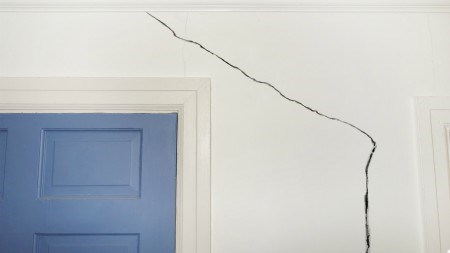An ill-fitting door or a broken light fixture may not be a deal-breaker when you buy a new home – but don’t expect the seller to fix them at his expense.
Most buyers are willing to overlook small defects, says Martin Schultheiss, CEO of the property group Harcourts Africa. But, he cautions, obvious defects that will need expensive repairs will also be for the buyer’s account, unless rectifying them is made a condition of sale. Such conditions should be clearly specified in the sale agreement. Another approach may be to use defects as a basis for some serious bargaining and the transaction may be worthwhile if the seller is prepared to discount his price by the amount that the repairs will cost. Buyers who go this route, though, are advised to seek the help of an expert to get accurate quotes for the necessary repairs. The worst approach, Schultheiss says, is to sign the deal, take occupation before transfer and then try to deduct the expenses of fixing defects from the occupational rent specified in the sale agreement. “The only circumstances in which a buyer is legally justified to deduct an amount from his occupational rent is when the seller refuses to rectify or to pay for specific repairs that were set down as a condition of sale. “While conditions in the sale agreement do give the buyer legal recourse in cases where the seller neglects his duties, buyers will save much time, frustration and possibly money by rather asking for a discount to the value of the needed repairs upfront. We certainly advise our clients to go this route and to limit possible complications in all their property transactions.”




